Likasi, Katanga, R.D.Congo
Bon Samaritain
Orphanage
Orphanage
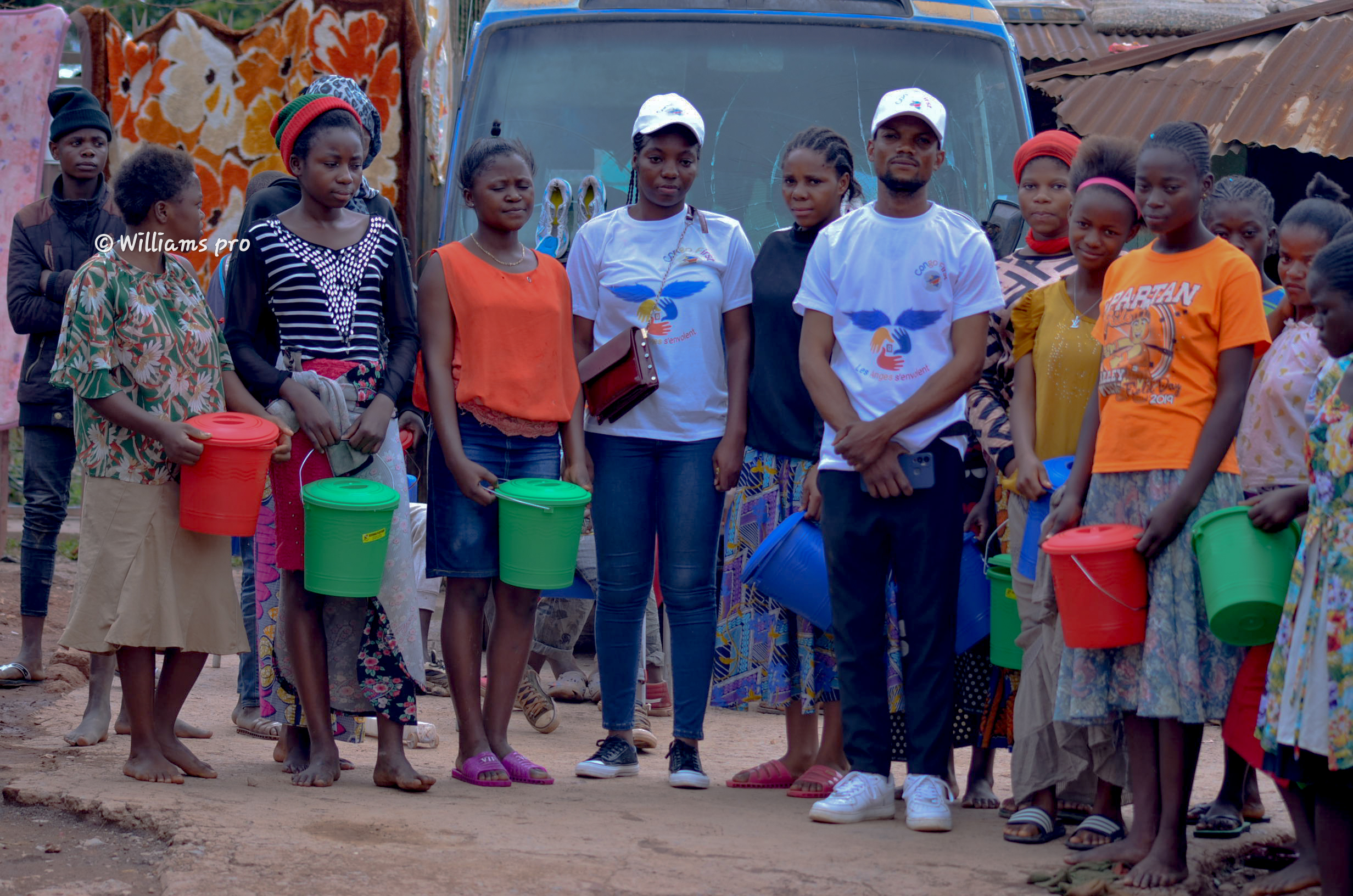
Background
Bon Samaritan Orphanage was founded in 1992 by Bethy Ngoy. This orphanage is known as “Chez Maman Beti”. During our visit, the orphanage had nearly 120 children, 28 of whom were in school. Contact us if you want to support the education of orphans.
In many developing countries, access to menstrual hygiene products and appropriate sanitation facilities is a major challenge for girls and women. This situation is often made worse in orphanages, where girls are particularly vulnerable. Our organization provides sanitary pads, underwear, medical soaps, and water buckets to promote feminine hygiene. This action has significant implications for public health in the region. This post examines why LSV donations to Good Samaritan are important and the effects of this action on public health.
Challenges of menstrual hygiene and access to appropriate sanitation facilities
Girls and women in many developing countries face significant barriers to menstrual hygiene. Lack of access to quality sanitary pads, proper sanitation facilities, and adequate information on menstrual hygiene management can lead to serious health consequences. Girls may be forced to miss school or quit their jobs due to the stigma and shame associated with their periods. In orphanages, girls often face even harsher conditions due to a lack of resources and adequate facilities.
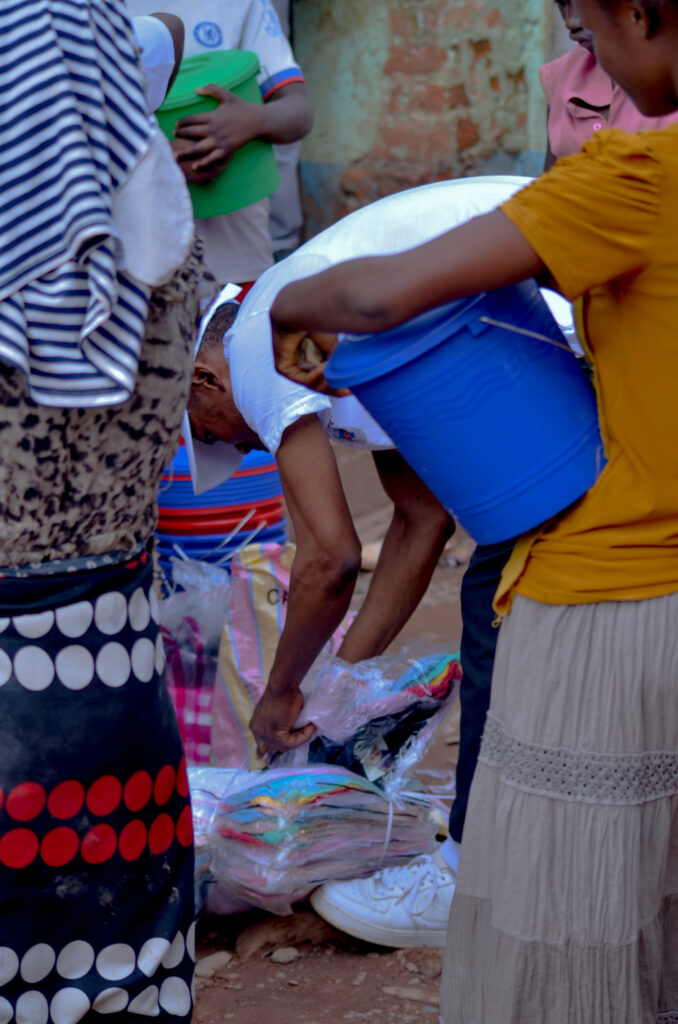
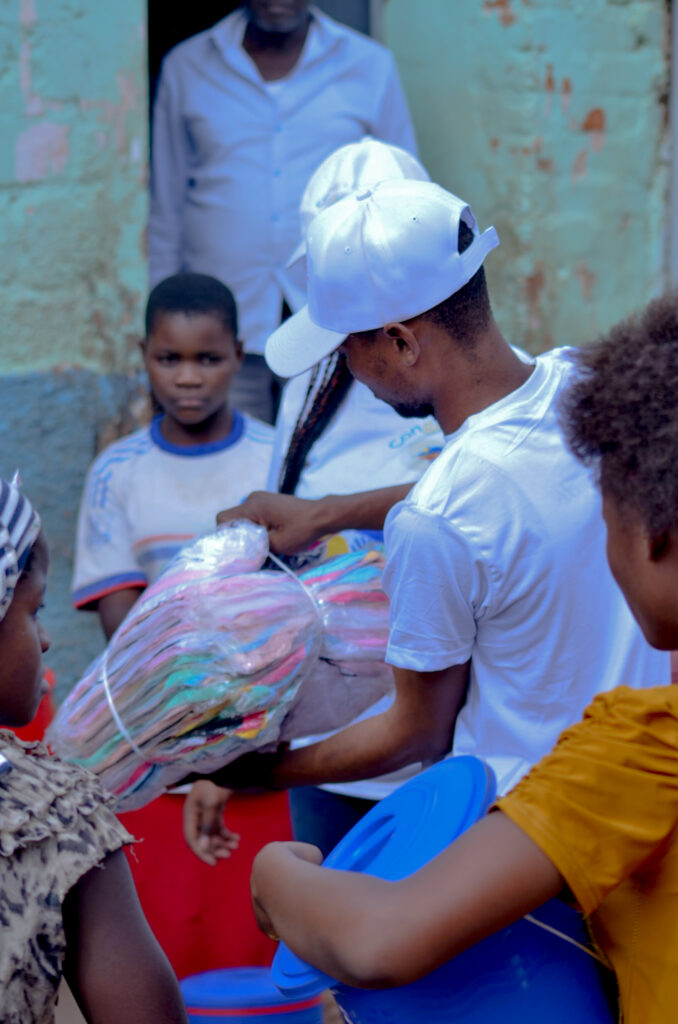
The role of LSV in promoting menstrual hygiene and public health
LSV is an NGO that focuses on promoting menstrual hygiene and public health by providing sanitary pads and appropriate sanitation facilities to girls and women in disadvantaged areas. The organization also works to raise awareness on issues related to menstrual hygiene and public health to break the stigma and taboos surrounding menstruation. LSV’s donation to Good Samaritan is an extension of its mission to promote menstrual hygiene and public health in vulnerable communities.
The impacts of LSV's donation to Bon Samaritain Orphanage
- LSV’s donation to Good Samaritan has several positive effects on public health in the region. First, it improves the menstrual hygiene of girls in the orphanage. The quality sanitary pads provided by LSV reduce the risks of infections and diseases associated with using poor-quality pads. Additionally, the small buckets provided by LSV allow girls to dispose of their sanitary pads hygienically and appropriately, reducing the risks of infections and diseases associated with poor waste management.
-
Secondly, LSV’s donation to Good Samaritan helps break taboos and stigma surrounding menstrual hygiene. Through providing quality menstrual hygiene products and raising awareness among girls and women about the importance of menstrual hygiene, LSV helps break down the cultural and social barriers that prevent girls and women from accessing information and adequate menstrual hygiene products. This awareness can also help improve girls’ mental and emotional health by reducing the shame and stigma associated with their periods.
Finally, LSV’s donation to Good Samaritan has a positive impact on the overall health of the orphanage. Menstrual hygiene is an important aspect of public health that is often neglected in deprived regions. By providing quality menstrual hygiene products and adequate sanitation facilities, LSV helps improve the living conditions of the girls in the orphanage and reduces the risks of diseases and infections.
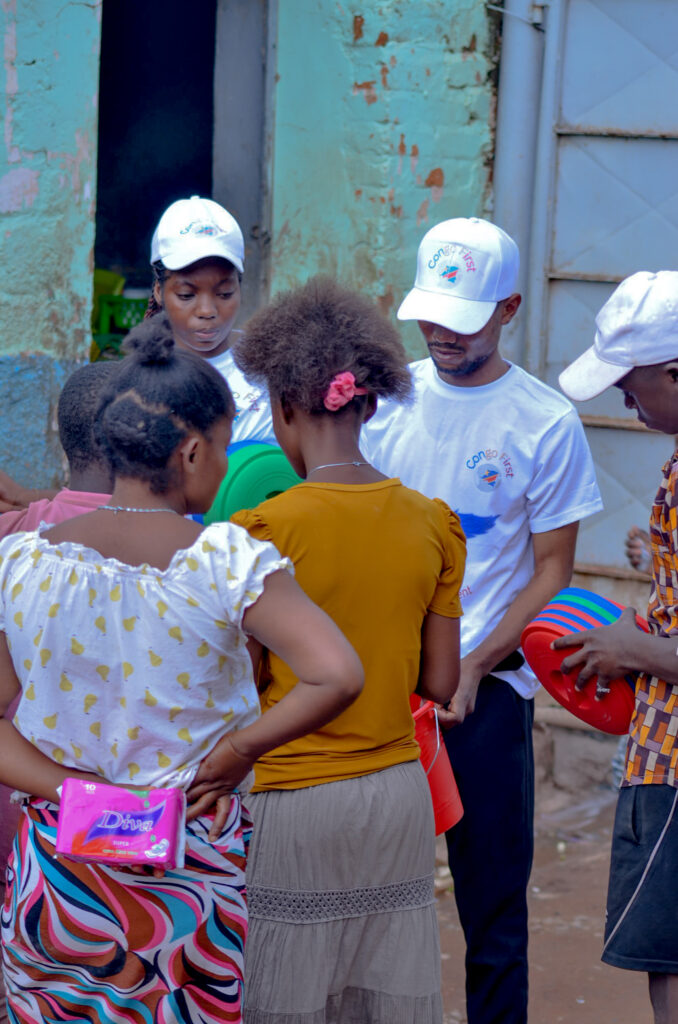
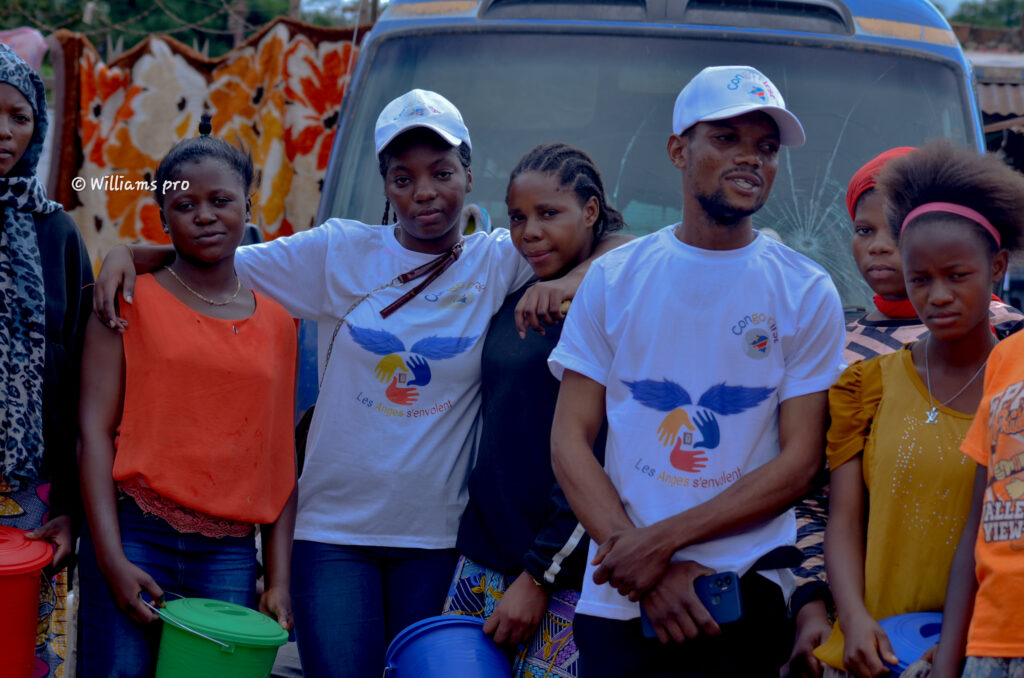
Conclusion
Our donation to the Good Samaritan orphanage in the Democratic Republic of the Congo has significant implications for public health in the region. By providing quality menstrual hygiene products and appropriate sanitation facilities, LSV helps improve girls’ menstrual hygiene and reduce the risks of diseases and infections. Additionally, by raising awareness among girls and women about the importance of menstrual hygiene, LSV helps break the taboos and stigma associated with periods. Ultimately, LSV’s donation to Good Samaritan is an important step toward improving public health and the quality of life of girls in the orphanage and the surrounding region.
